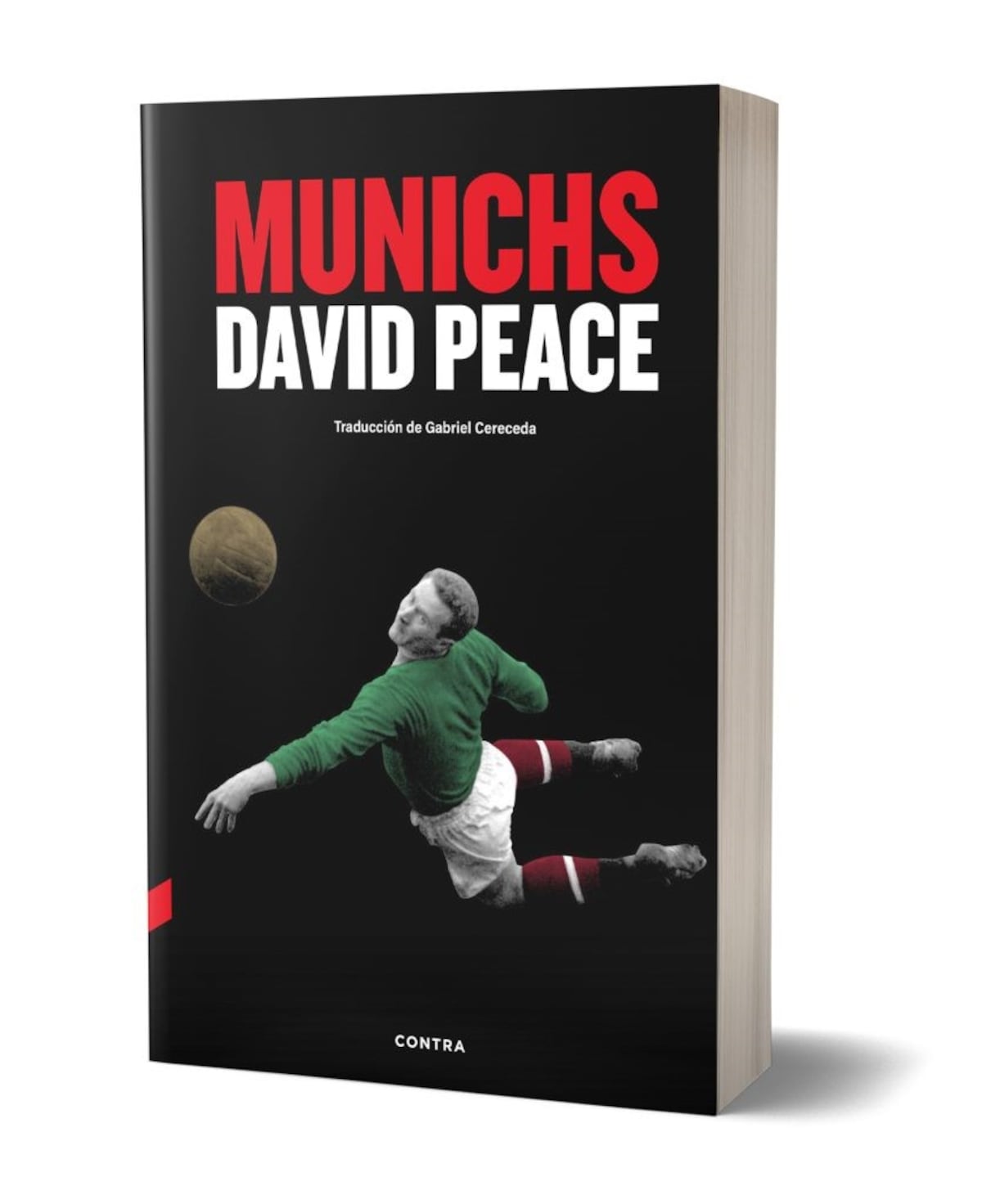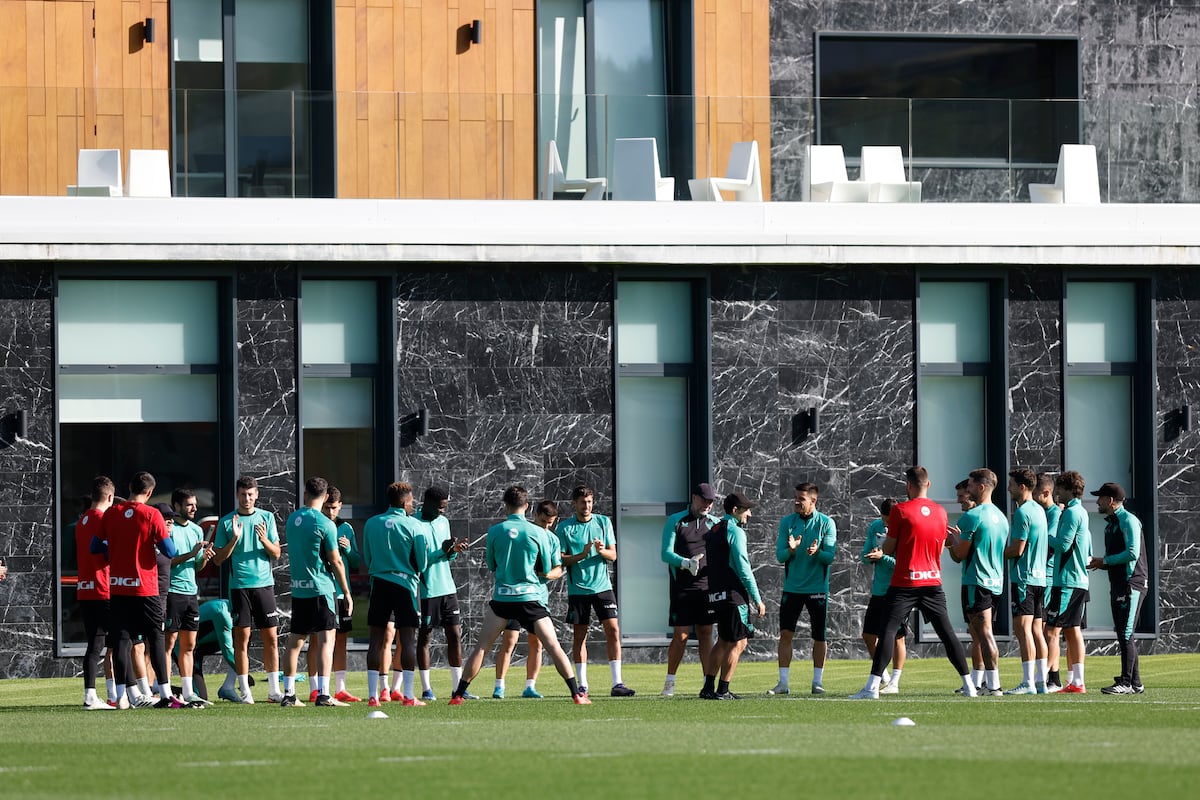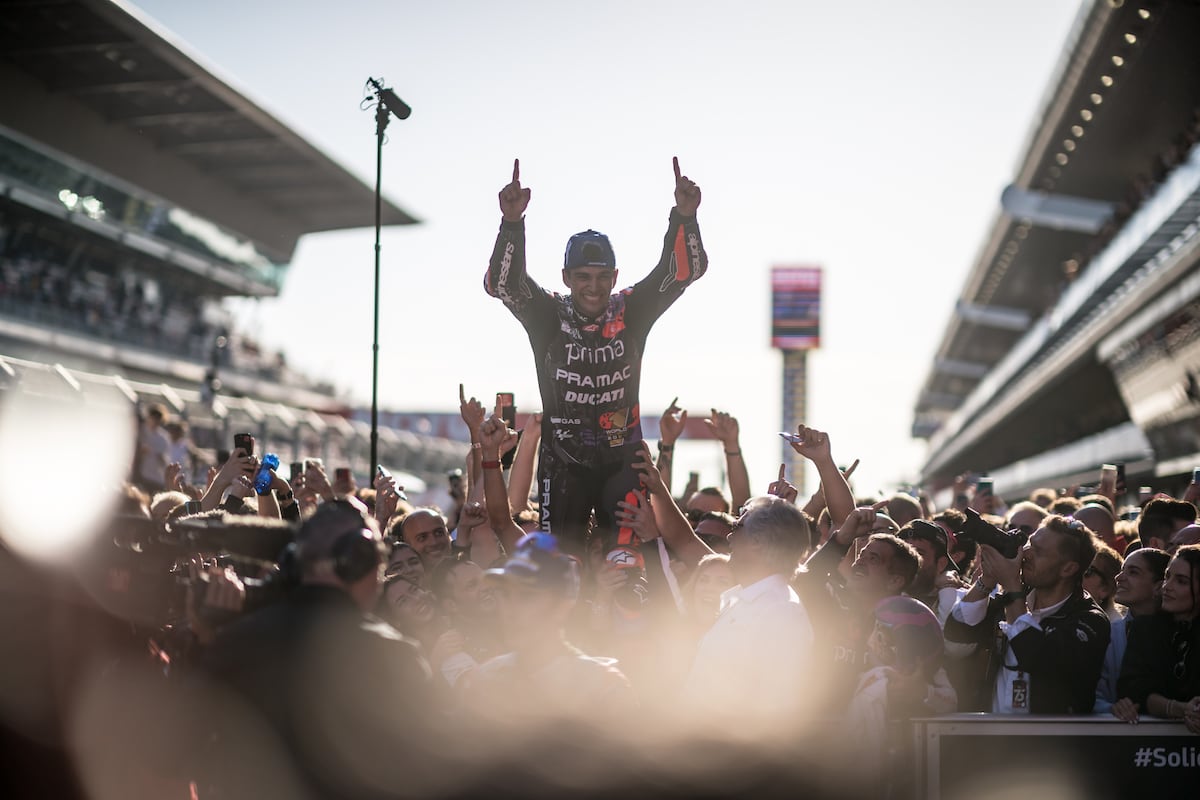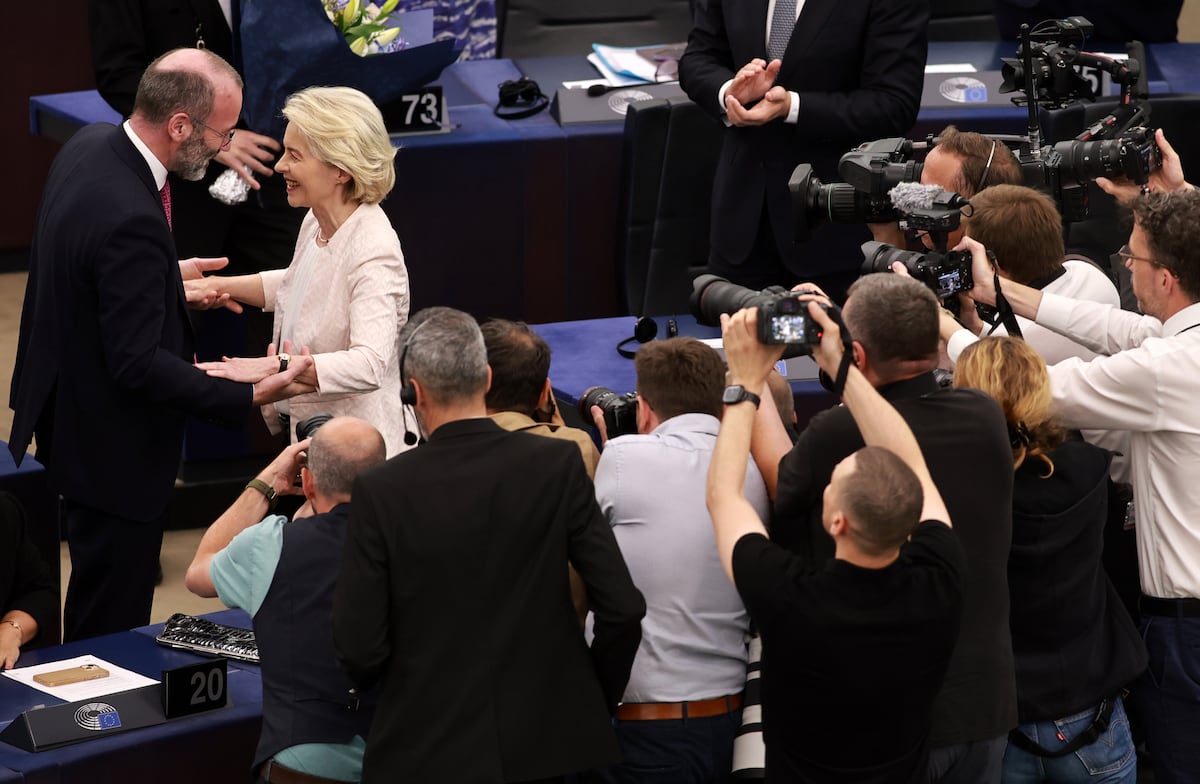British European Airways flight 609 left Belgrade an hour late. It was February 6, 1958 and Manchester United players, coaches and managers were on the plane. Also journalists, a travel agent with his wife, a fan, three travelers with Yugoslav surnames and the crew of the aircraft. The English team had drawn against Red Star and had qualified for the semi-final of the European Cup. Everything changed forever on the stopover in Munich. After two failed takeoff attempts, on the third the plane left the ground. He did so to crash into an empty house near the airport. 23 people died. Among them eight footballers.
Those who were on that plane and survived say that in the moments before the accident you could hear the silence. Also in the seconds that followed the crash. That immediately afterwards everything was chaos, the taste of smoke, earth and blood. That gray snowflakes were falling from the sky. That there were those who ran and, when they stopped running, returned to the scene of the accident, finding bodies lined up and beginning to rub their hands over their faces in search of wounds, wondering why? Those who were there say that when the news reached Manchester, silence fell in the city. That they could not locate all the relatives because some were at the airport waiting for the flight to arrive. That Bobby Charlton’s mother sensed that something had happened before she knew anything. Also that his son was well before receiving the telegram “Alive and well, see you later, Bobby”. Those who were at Old Trafford in the match against Sheffield Wednesday say that it is impossible to describe what was experienced there. All that, and much more, it does Munichs (Against), the book in which the English writer David Peace reconstructs that tragedy, masterfully fictionalizing it, with the hallmarks of his peculiar style providing a multitude of details. And with that final look between Charlton and Foulkes that captures all the pain and explains how United became the team of thousands of people.










